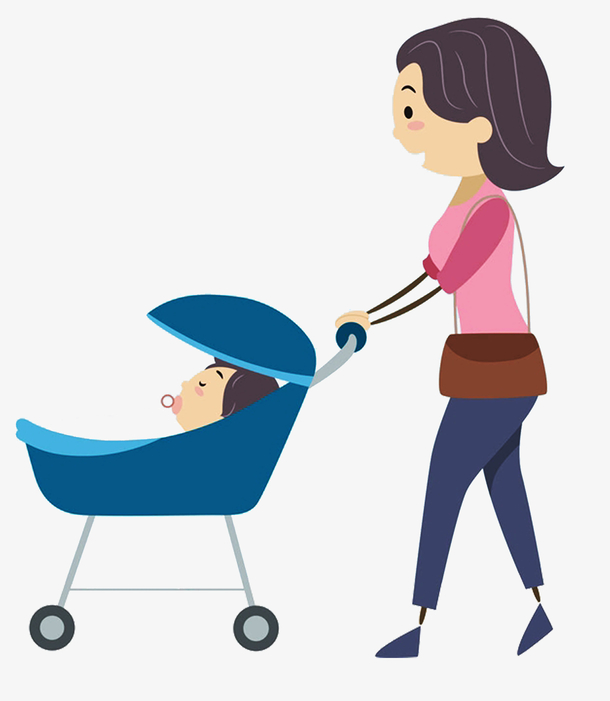When a baby is two months old, their organ development is not yet complete, which can lead to various minor health issues that leave parents feeling helpless. Faced with the common problem of diarrhea, proper home care becomes especially important. Here are some suggestions that we hope will provide practical help to parents.
Maintaining fluid balance is the top priority. Mild dehydration is a common phenomenon in the early stages of the baby experiencing diarrhea, and usually, there is no need for urgent medical attention; home care is sufficient. Observe for signs of mild dehydration in the baby, such as thirst, dry lips, dark yellow urine, and mood swings. You can make homemade rehydration solutions, such as sugar-salt water or rice soup with salt, or use the ORS oral rehydration salts recommended by a doctor. Rehydration should be done in stages; in the first four hours, provide an appropriate amount of liquid based on the baby’s weight, and afterwards, encourage the baby to drink as much as they can. If the baby vomits, try again after a short break; if there is swelling around the eyelids, stop rehydration and switch to plain water or breast milk.
During diarrhea, ensure the baby’s nutritional intake to prevent malnutrition. Fasting is not recommended; instead, adopt a feeding strategy of small, frequent meals. Breastfeeding should continue, with mothers keeping their diet low in oil; formula-fed babies should maintain their usual milk intake; babies who have started solid foods can eat easily digestible items, such as thin porridge or fruit puree, until two weeks after the diarrhea stops.
Carefully maintain the baby’s bottom to avoid dermatitis. Frequent diarrhea can lead to constant irritation of the bottom; clean with warm water after each bowel movement and keep the area dry. If necessary, apply diaper cream. If the skin becomes red, exposing it to the air for a while can help it recover.
Closely monitor changes in the baby’s condition. If the baby shows signs of extreme irritability, a sunken fontanel, reduced tears, extreme thirst, poor skin elasticity, frequent watery stools, persistent vomiting, fever, or blood in the stool, seek medical attention promptly to prevent worsening of the condition.
For a two-month-old baby’s diarrhea, reasonable home care, vigilance, and timely seeking of professional medical help are key to ensuring the baby’s health.


